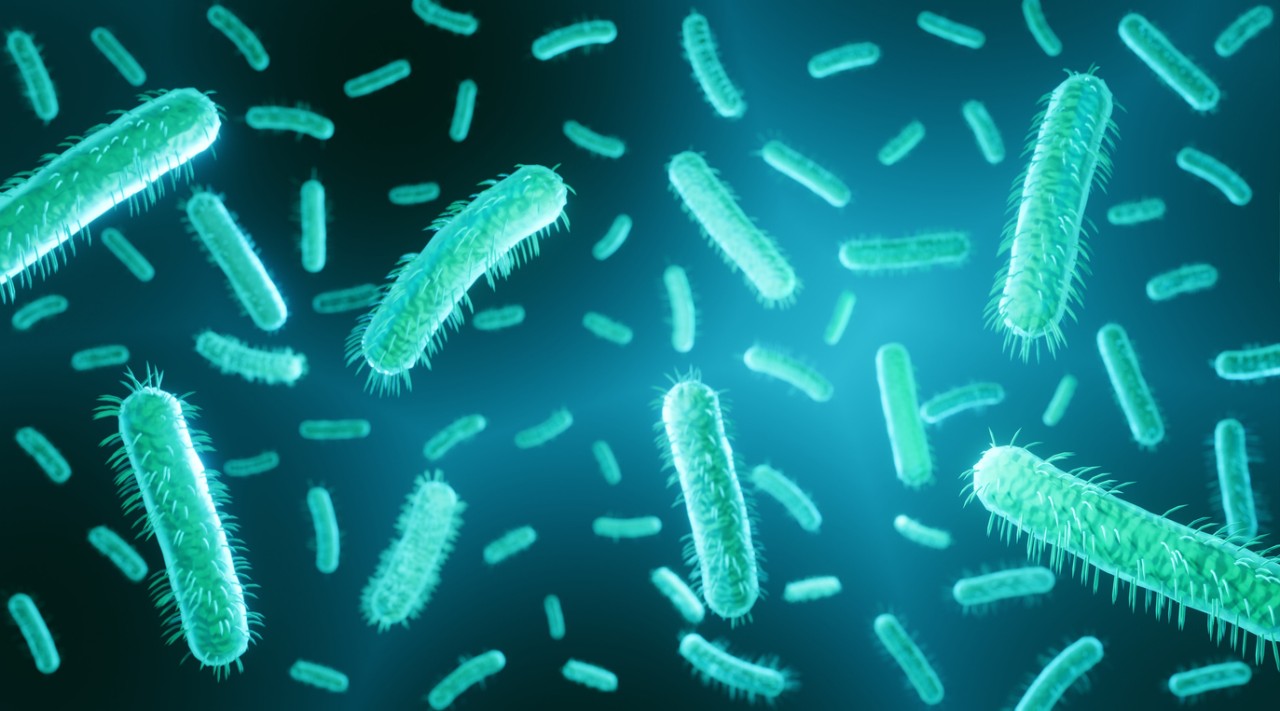
Physics World: Engineered bacteria attract cancer-killing radioisotopes into tumors
Physics World recently highlighted research from the University of Cincinnati's James L. Winkle College of Pharmacy led by Nalinikanth Kotagiri, PhD.
The research focuses on delivering a cancer treatment called radionuclide therapy, which is typically delivered in a targeted way, with cancer-killing radiation binding to cancer cells through receptors on the cell surface to spare as many surrounding healthy cells as possible.
To bring this treatment to cells where there are no targets to bind to, the research team engineered a unique strain of probiotic bacteria that over expresses a unique transporter that binds and concentrates metals, particularly copper, inside the bacteria. This process is facilitated by molecules known as siderophores that bind to metals.
Because the radionuclide is made of copper, the siderophore molecule latches onto it, making the targeted agent, which then binds to the bacterial transporter similarly to how antibodies bind to other receptors for traditional targeted therapy.
“As long as these engineered bacteria are inside a tumor, these targeted agents, specific to the bacteria, will transport the radioactive metal,” Kotagiri said. “They won’t care if there is a cancer cell that is expressing a receptor or not. All they care is that they have identified something that they can recognize, accumulate and retain in."
Kotagiri said the researchers now plan to use current FDA-approved targeted probes by expressing human receptors on the bacterial surface.
“For example, 177Lu-labelled DOTATATE and SARTATE are already approved agents that are used to target neuroendocrine tumours expressing somatostatin receptor,” Kotagiri told Physics World. “What about those patients that do not express this receptor? Can we use this technology to express the receptor on bacteria, and many other receptors, in a plug-and-play manner to accommodate the wide range of radiopharmaceuticals already approved?”
Read the Physics World article.
The Scientist also highlighted the research. Read The Scientist article.
Read more about Kotagiri's research.
Featured photo at top of bacteria. Photo/Artur Plawgo/iStock.
Related Stories
Love it or raze it?
February 20, 2026
An architectural magazine covered the demolition of UC's Crosley Tower.
Social media linked to student loneliness
February 20, 2026
Inside Higher Education highlighted a new study by the University of Cincinnati that found that college students across the country who spent more time on social media reported feeling more loneliness.
Before the medals: The science behind training for freezing mountain air
February 19, 2026
From freezing temperatures to thin mountain air, University of Cincinnati exercise physiologist Christopher Kotarsky, PhD, explained how cold and altitude impact Olympic performance in a recent WLWT-TV/Ch. 5 news report.
